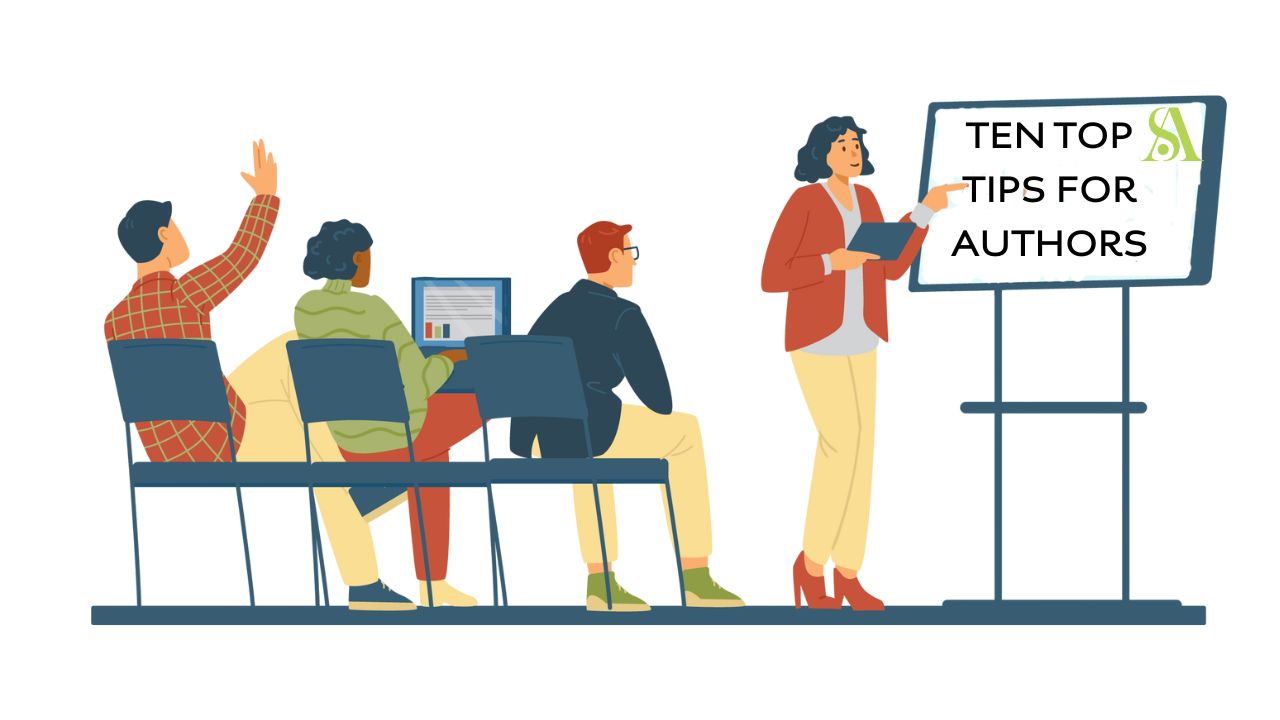Our Chief Executive Nicola Solomon jots down some things to keep in mind when you’re sharing your work with writing groups.
Workshopping can be hugely helpful for developing your work. Thoughtful comments can make you realise the strengths and weaknesses of your writing and other people’s perspectives can inspire you to develop your own writing style and content.
But what if someone else in the group is so inspired by your idea that they decide to use your plot and characters for their own novel? Or you loved their poem so much that you jotted down some lines and later incorporated them into your poem, forgetting the source? Or someone suggested a new scene for your screenplay but, once it was in production, demanded payment for their work? These are not theoretical concerns – all are based on recent cases raised with our advisors at the SoA.
Sharing ideas can be fantastic for getting the creative juices flowing, but who owns the resulting work? And how can you protect your original concepts?
The workshop leader is claiming that they own all the improvements they suggested to my short story
Paid workshop tutors or leaders are not entitled to use your work or claim any share in improvements they contribute. They are in an equivalent position to an editor and it is understood that any improvements they make to the work will belong to you.
One of the other contributors has used the very original murder method I had intended for my novel
There is no copyright in an idea. However, ideas can be protected by the law of confidentiality: if a sufficiently developed and original idea is given in confidential circumstances then it cannot be used by the recipient without permission. Some might argue that a workshop is obviously confidential as it’s not possible to generate the necessary trust if ideas are not protected. Others may say that a free flow of ideas is essential and people must be able to use ideas picked up in workshops. For that reason it is sensible to make it clear at the outset if sharing any confidential ideas.
A good tutor or workshop leader should set out the parameters at the start – we believe that course terms and conditions should cover these issues. It’s also sensible for you to keep a dated copy of ideas or work you share so you can later prove that it’s your idea that’s now the other attendee’s bestseller.
Lines from my poem have appeared in someone else’s published work
If your actual words are used it may amount to an infringement of copyright, depending on the amount of your work taken. In order to infringe copyright, the author must have copied a substantial part of your work, but what constitutes ‘substantial’ is a question of quality rather than quantity. A court will start from the viewpoint that what is worth copying is worth protecting. A few lines in a poem may well attract copyright protection: a few lines in a novel will probably not.
Copyright doesn’t only protect the actual words, it protects the entire form in which ideas are expressed. If you can show that your original words or settings, plot-lines and character development have been used, you may be able to claim copyright infringement. If your ideas are taken and used in a screenplay it is sometimes possible to claim a co-credit or a development fee.
My characters have appeared in a fellow attendee’s book
You may not be able to complain because characters are not protected under English law. Characters’ names are too short to qualify for copyright protection. And if someone has (as is common with sequels and fanfic) used your characters in original situations without using your words or structure then there is no legal redress in copyright law, even if they openly acknowledge that your concepts were used. (Unless they are illustrated characters.) Established characters may be protected by the law of passing off or trademark law but this is unlikely when characters are still at the development stage.
I gave suggestions for a scene that really improved someone else’s story. Surely I should get a share of their royalties?
This is problematic. Of course it is possible that you own copyright in your contribution: however, because workshops depend on mutual cooperation it may be implied that you give a licence for any of your improvements to be incorporated in the work. If this is not clear at the outset you should ask for clarification before you help out.
We all worked together and improvised a new piece. Can I publish it?
This will depend on the actual circumstances but it is possible that you have obtained joint copyright with one or more of your fellow contributors. Owning joint copyright is not ideal because joint copyrights can only be used or licensed with the consent of all copyright owners. That means that you will have to reach an agreement with all of them on what shares you are entitled to and how you exploit the work every time you want to use it, in part or in its entirety.
Workshops can be fun and inspiring, but always make sure that your work is protected and that you will own the rights in any resulting work. These questions should be addressed at the outset and in the course terms and conditions. It’s easy to get carried away by excitement when workshops are going well and you don’t want to be hampered by the anxiety that your best work will be used by someone else.
If you have any queries or need advice contact us. SoA members are entitled to as much advice as they need, year-round, by phone or email.





